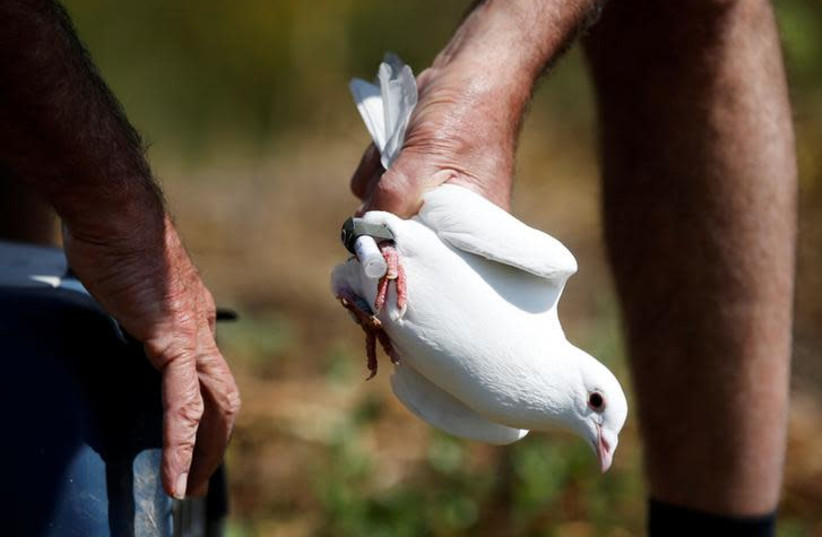Last week, outrageous photos of soldiers cramming inside the trunk of a bus were posted on social media, which went viral within minutes.
The photos were taken at a Central Bus Station in one of Israel’s largest cities. The soldiers, who could not find a place on the bus, decided to risk their lives and ride inside the trunk, fearing that they would be late arriving at their base, and would be punished.
This scene is not rare: every Sunday, soldiers throughout the country struggle to find seats on buses and trains that will take them to their bases and outposts. Soldiers sit on the floor of buses or on each other’s laps on the train and bus. The overcrowding also causes soldiers to gather in masses near traffic junctions, putting their lives — and drivers’ lives — at risk.
The reason is that the Transportation Ministry and Defense Ministry are not allocating enough means of transportation for soldiers to arrive at their bases on time. At the same time, the IDF does not show consideration to those who cannot get to the base on time, forcing soldiers to risk their lives in order to do so.
This phenomenon is just another indication that the lives of soldiers, and the conditions of their service, are not taken seriously by the state’s institutions. It seems like officials in the defense ministry, and in other ministries, believe that if these young women and men are willing to risk their lives for the country, they might as well be treated as inferior.
Earlier this year, images of pigeons sitting inside serving bowls inside an IDF dining room were posted on social networks. It was followed by an N12 investigative report that found that in many military bases, the food is inedible, and in some cases, it is even dangerous.

This adds to crumbling walls and deteriorating living conditions in some old Golan Heights bases, like cold water in the showers and other complaints that are heard regularly by soldiers serving in the IDF.
Why are soldiers, who are giving two to three years of their lives to serve the country, treated this way? Why can’t they have decent living conditions through these years of service, when many of them are risking their lives on the ground, in the air, and at sea protecting our borders?
In August, the government approved an addition to the defense budget for pensions for IDF officers.
Whose salaries were not raised? The regular soldiers. Those who receive a ridiculously low allowance, which is not enough for some of them to pay their bills, will keep receiving the same amount.
After heavy criticism, it was reported that IDF Chief of Staff Aviv Kohavi ordered a raise in soldiers’ salaries by 25%-50%. However, this has not happened yet.
A little after Kohavi assumed office, he presented his basic ideology to the IDF senior command. “The person is precious, the family is precious,” he said. “We will not take the person for granted just because we got him in the bakum [the IDF’s entrance processing command base]… We should treat them in a dignified and humane way. I want all the soldiers to feel at home on their bases.”
It has been two and a half years since that speech, and it’s still a very long way to go to fix things.
Soldiers should not be taken for granted. It is true that every single person born in Israel grows up knowing that he or she is expected to join the army. It is a necessity in Israel, and no one doubts it.
But this is not an excuse for the state to insult the lives of the soldiers.
We should remember that these are among the best years in a person’s life. In other countries, young men and women at this age are going to university, investing in themselves and being exposed to new ideas.
The country should appreciate what it has in its hands, and take good care of it.
